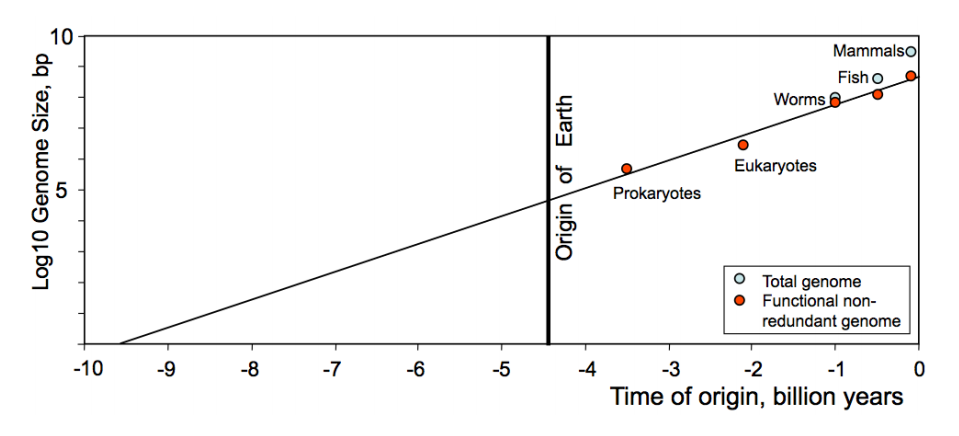- First Demonstration of the Storage And Release of Light in a Metamaterial
Nobody has been able to trap electromagnetic waves inside a metamaterial and then release them again. Until now




- Does a Tele-Robot Operator Need a Visa and W-2?
Experts gathered this week at Stanford’s Law School to discuss the robot revolution.



- LED Lights to Cut 60-Watt Bulb to Five Watts
Philips seeks to replace florescent tube light with an LED using technology planned for other types of bulbs.
Philips has cut the amount of power of its overhead LED tube light in half, a sign of continuing improvements in LED lighting geared at displacing incumbent technologies.



- Climate Change: The Moral Choices
The effects of global warming will persist for hundreds of years. What are our responsibilities and duties today to help safeguard the distant future? That is the question ethicists are now asking.
One of the defining characteristics of climate change is poorly appreciated by most people: the higher temperatures and other effects induced by increasing levels of carbon dioxide in the atmosphere will persist for a very long time. Scientists have long realized that carbon dioxide emitted during the burning of fossil fuels tends to linger in the atmosphere for extended periods, even for centuries. Over the last few years, researchers have calculated that some of the resulting changes to the earth’s climate, including increased temperature, are more persistent still: even if emissions are abruptly ended and carbon dioxide levels gradually drop, the temperature will stubbornly remain elevated for a thousand years or more. The earth’s thermostat is essentially being turned up and there are no readily foreseeable ways to turn it back down; even risky geoengineering schemes would at best offset the higher temperatures only temporarily.



- The First Facebook Phone: A Little Too Much Information
The HTC First, which features Facebook’s new Home interface, will appeal only to the most devoted of Facebook users.



- Cleanweb or Deep Tech: Diverging Paths for Energy Startups
Join the app economy or invent new energy technology? Two startup events reflect evolving ideas on energy entrepreneurship.
Entrepreneurship in energy and the environment has been going on for years but its future direction is still a matter of debate.



- Microbes Can Mass-Produce Malaria Drug
Thanks to extensive genetic engineering, drugmakers can now brew large vats of the malaria drug artemisinin, stabilizing the world supply.
For the first time, researchers have successfully engineered a strain of baker’s yeast capable of spewing out malaria drugs on an industrial scale. The French pharmaceutical giant Sanofi has already begun brewing the microbes and announced plans to generate 70 million doses this year.



- Transparent Brains Reveal Hidden Microscopic Details
To study the microscopic structures of the brain researchers have typically had to dissect the organ into amazingly thin slices that can then be viewed on a microscope. Without doing this, any structures more than a couple millimeters deep would be impossible to see. But besides being a pain-staking process, slicing the brain into thin slices can mess with the structure and make it difficult to follow the long paths of axons from one slice to the next.



- What if Facebook Went Freemium?
A $20 annual subscription to see Facebook ad-free would preserve the company’s profits
Facebook’s home page proclaims that the social network is “free and always will be.” But what if you could also choose to pay for it?



Digest powered by RSS Digest








